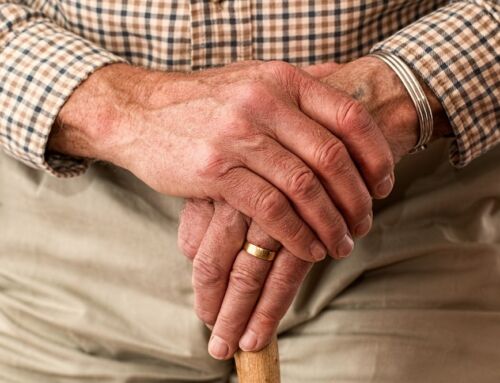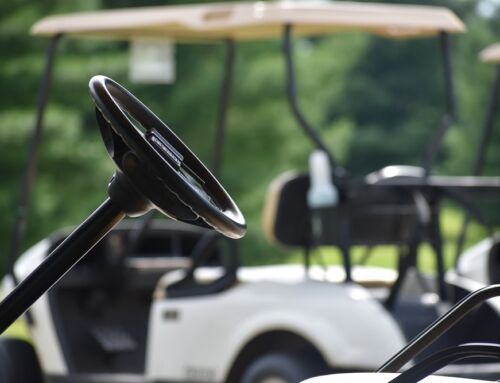If you are a plaintiff in a personal injury case and you win in court against a defendant, whether they are a person or a company, what happens to your judgement? Can you still get the money that a court or jury said you were owed because of your injuries? You can make sure that your judgment is secure, and there are many different ways you can do this.
There are many steps that happen when a defendant files for bankruptcy, whether it occurs during a judicial proceeding or after a judge or jury awards a plaintiff a damages award. The first thing that happens after a defendant declares bankruptcy is an automatic stay on whatever judicial proceedings are still happening. This means that the judicial proceeding stops in its tracks. While the defendant is going through bankruptcy, nothing else happens.
The next step is to file a claim to ensure you can show that you or your client is owed money from the debtor. If you fail to file a claim, you may lose any chance that you can recover money for yourself or your client. It is important during this step to determine deadlines for filing, because in Chapter 7 bankruptcy, there is a hard deadline, and in Chapter 11 bankruptcy, deadlines can be extended at the request of parties or the court.
Some minor discovery can occur in a bankruptcy case, but it is mostly to understand the debtor’s position financially and what each creditor is owed. Other than these very minor pieces of discovery, no other trial related discovery can occur.
In a Chapter 11 plan, the goal is to be able to get the debtor out of bankruptcy quickly by either selling their things or reorganizing their assets. This plan must get bankruptcy court approval, but for our purposes, the most important thing to realize is that this plan may place the rights of certain creditors over others. These claims that are placed after others are known as “impaired” claims. These impaired claims could mean that those creditors who have impaired claims might not be able to recover their money from the debtor.
However, creditors have the option to vote on whether or not to approve a plan. This happens when a judge gives creditors a disclosure statement, which lays out the debtors plan to get out of bankruptcy. If the plaintiff who was injured, or someone in a personal injury case does not like the plan, they may gather with other creditors and vote against the plan.
It is important to ensure that you are aware of what is going on in a bankruptcy case if a defendant has injured you, and your personal injury judgement might be at risk. This is especially true if the money is not entirely coming from insurance. If the defendant who injured you has to pay out of pocket, it is important to ensure that all deadlines are met, you look at the disclosure statement, and you follow any court orders related to the bankruptcy directed at creditors.
Have You Been Injured in an Accident?
Contact the experienced car accident attorneys at Hurst Limontes, LLC! We work hard for our clients to ensure they receive just compensation for their injuries, and our attorneys have decades of combined experience working on premises liability cases! Call or email us today for a free consultation!





